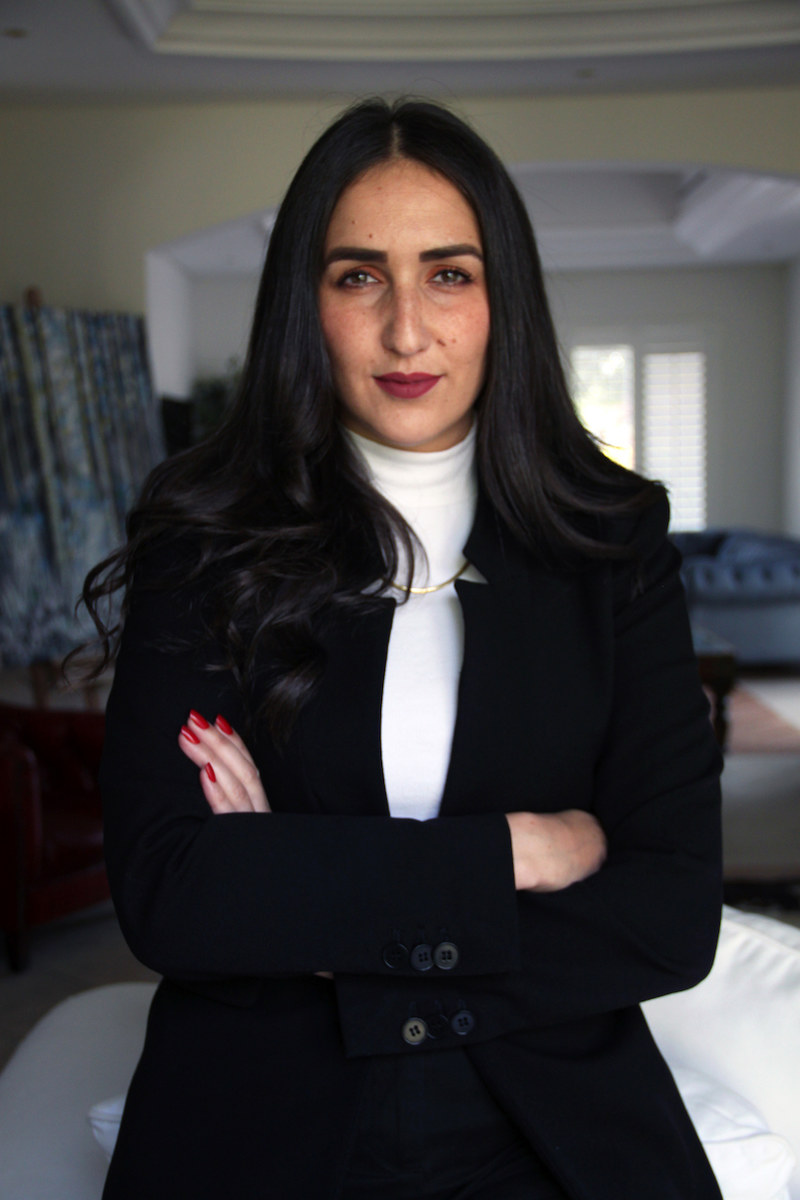DUBAI: AnyMind Group, a brand enablement platform for influencers, marketers, publishers and businesses, recently announced new updates to its influencer marketing platform, AnyTag, which it launched at the beginning of this year.
Since launching the AnyTag platform for marketers and the AnyCreator mobile app for influencers in the Middle East and North Africa region, the company has seen significant growth with a current database of more than 5000 influencers across 11 countries, and agency partners and marketers including Pizza Hut and Talabat.
The new features on AnyTag include automated recommendations of similar influencers through lookalike modeling of an influencer’s content, the detection of brands an influencer has worked with in the past, and the identification and visualization of hashtags an influencer frequently uses.
AnyTag also has a social media analytics module that enables users to track key statistics on a brand’s own social media channels, together with competitor analysis, hashtag analysis and interactions analysis to identify the performance of mentioned and tagged posts of a brand by social media users.
Arab News spoke to Maha Mahdy, head of AnyTag for AnyMind Group in MENA, to discuss the evolution of influencer marketing from the days of YouTube and Facebook to Snapchat and TikTok.

Maha Mahdy, head of AnyTag for AnyMind Group in MENA. (Supplied)
Influencer marketing has been around for a while. How has it changed and where is it at today?
Over the past two years, influencer marketing got a really big boost in popularity; in part, due to the fact that there were a lot of budgets to spend, which would otherwise have been spent on things like events and so on, which got canceled.
There was also a huge shift in how influencer marketing operated in the past two years because everybody was adapting to the new normal. So, we saw people trying out different platforms and topics. For example, travel influencers were no longer traveling so they would talk about other topics such as fitness.
With that shift in platforms, formats and topics, brands started to jump on to see if there were new ways to work with influencers that didn’t necessarily fit the brand before.
One of the most interesting things about influencer marketing in the region is that it has matured a lot — both from a client and influencer perspective.
What does that maturity look like for clients and how is it reflected in the marketing?
If the target audience wants something, you need to find a way to give it to them and put your brand in the messaging. And so brands have started to let go of the reins; they held on very tightly for the past five years because it’s very difficult to trust somebody from outside the organization to communicate on your behalf.
But, it’s about finding that sweet spot — how do I, as a brand, give them (influencers) guidelines but then let them create the content? That’s massive maturity for a brand.
As marketers maintain that balancing act between their own corporate guidelines and influencers’ creative freedom, what are the things that they need to keep in mind when working with influencers?
One of the key things is to let go of the reins a little bit. Another thing that you would think is quite basic, but is still so important, is choosing the right influencer — it’s so crucial to select the right influencer to work with.
A lot of brands are still looking at the number of followers an influencer has, and quite frankly that doesn’t give you much on what an influencer can do for you. That’s why we have a multi-point, data-driven approach through the AnyTag platform wherein we look at everything from influencers’ engagement metrics to demographics.
There also needs to be brand synergy. When people see this person talking about your brand, does it make sense or does it look forced? We also look at things like their collaboration history, which includes whether they have worked with competitors or have bad-mouthed the brand in the past.
Looking at the platform side of influencer marketing, how has that changed from it being predominantly Facebook, Instagram and Twitter to now Snapchat and TikTok?
Selecting the right platform is one of the most important things when we’re planning out a campaign and that comes down to the target audience. We’re also looking at the category, so, for example, when it comes to fashion, we know Instagram is inspirational and aspirational; with gamers, it’s YouTube.
The target audience and category work hand in hand. So, if I’m looking to target Gen Z, instantly our first thought is exploring TikTok. However, if I want to communicate with Saudi moms, I have to integrate Snapchat, because these target groups live and breathe TikTok and Snapchat respectively.
Then there’s also the format. Using the same examples, Gen Z and Saudi moms both like quick content formats so TikTok and Snapchat make sense versus older millennials who would like a good 15-minute IGTV video on an interesting topic.
Is there any particular platform that outperforms others for influencer marketing?
Looking at the campaigns we have run on AnyTag, I can see a clear preference for Instagram in the MENA region. The reason for that is the ease of use of the platform, a very high level of data availability, and the numerous content formats. Instagram really won the game with content formats because it has everything from Stories, to photos, to different video formats like Reels, which is quick, and IGTV, which is long-form.
So, Instagram dominated the space but TikTok also cemented its position last year and YouTube will always be a strong player for the MENA region because there are really strong technology and gaming influencers, as well as children’s channels, on the platform. In Saudi Arabia, however, I would rank Snapchat as high as Instagram, but that’s only in KSA as we don’t see much demand for it outside the Kingdom.














